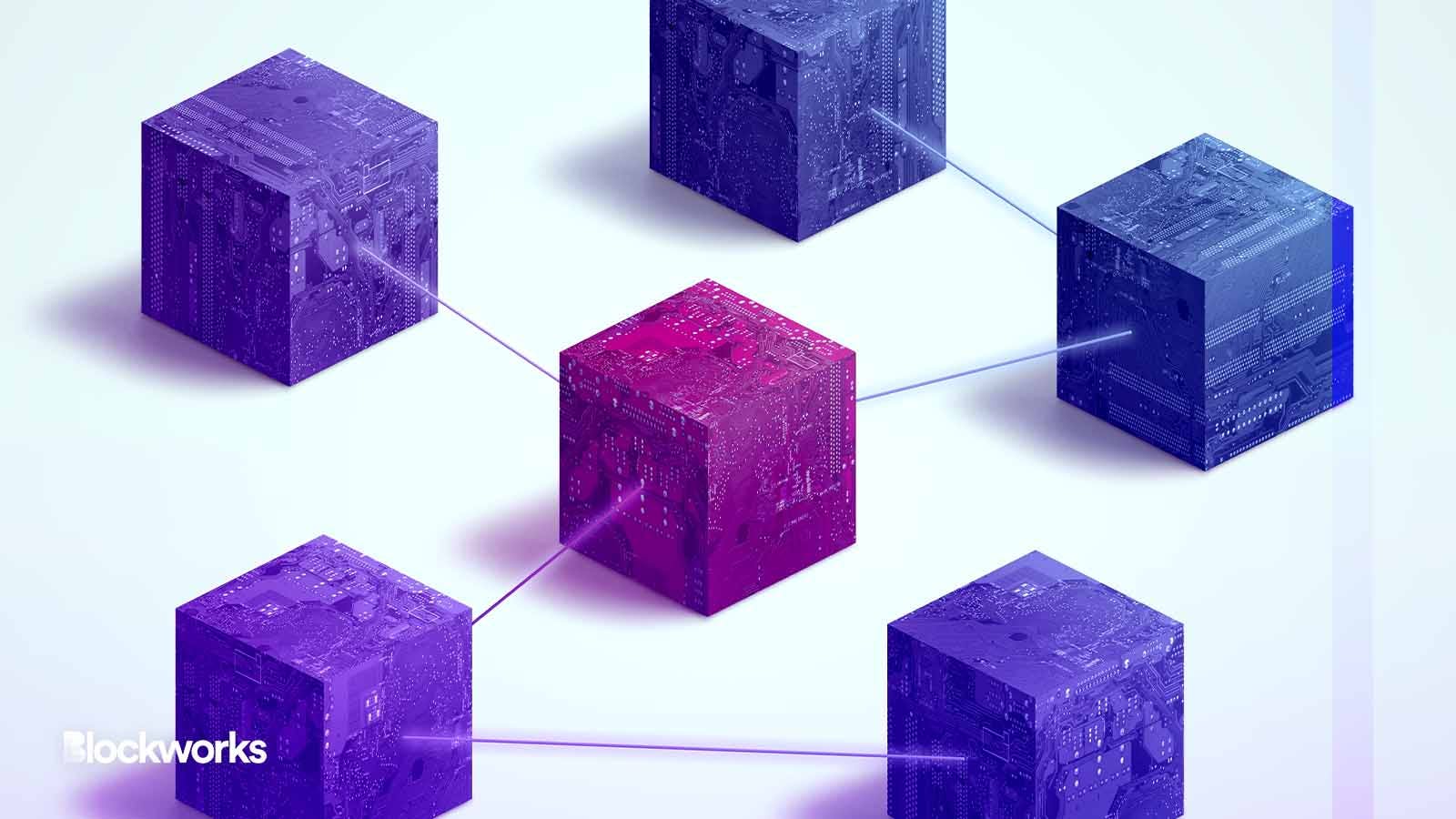Risc Zero introduces ‘Type 0’ zkEVM to make zero-knowledge tech more accessible
Zeth is a general purpose programing language that can be used to create zkVMs for any network

RSplaneta/Shutterstock modified by Blockworks
Risc Zero will open-source its “Type 0” zkEVM, Zeth, in a bid to make zero-knowledge infrastructure more accessible to developers.
Ethereum founder Vitalik Buterin previously wrote in a blog post that there are four different types of zkEVMs, ranging from fully Ethereum equivalent to high-level language equivalents.
Brian Retford, CEO and co-founder of Risc Zero, told Blockworks in an interview that Zeth has been built using standard Rust crates, a programming language used by the popular Ethereum node software Reth.
“It’s not just the same semantics; it’s exactly the same code,” Retford said.
Zeth itself is a general-purpose programming language, which can be EVM equivalent — making it what Retford claims is a “Type 0” zkVM that can be applied to other networks.
“You can have a zkSolana [for example] without rewriting the code,” Retford said.
This makes Zeth a modular solution for developers wishing to build zk technology, Retford explains, providing a way for developers to innovate further in a zk context.
“People are really starting to modify the EVM itself, and if you think about how complex it is to audit, build and maintain zkEVM, it basically pushes zkEVM towards more status and stability, making it more difficult for people to innovate,” he said.
By contrast, with Zeth, developers can simply modify and customize their zk stack, Retford explains. This means it becomes easier for development teams to leverage zk technology without being the experts.
“You don’t need to have these very large, highly compensated teams doing a bunch of math in order to use zk technology,” he said.
Zeth also enables zk proving technology without depending on validators or sync committees as its zkVM is able to construct, verify, store and apply transactions independently in minutes.
“Zeth’s code is an EVM, and we compile it down to RISC-V and then run it on our zkVM, producing a complete zk proof of the EVM,” Retford said. “How do we do it in minutes? We farm the computation out in parallel.”
Get the news in your inbox. Explore Blockworks newsletters:
- The Breakdown: Decoding crypto and the markets. Daily.
- 0xResearch: Alpha in your inbox. Think like an analyst.






